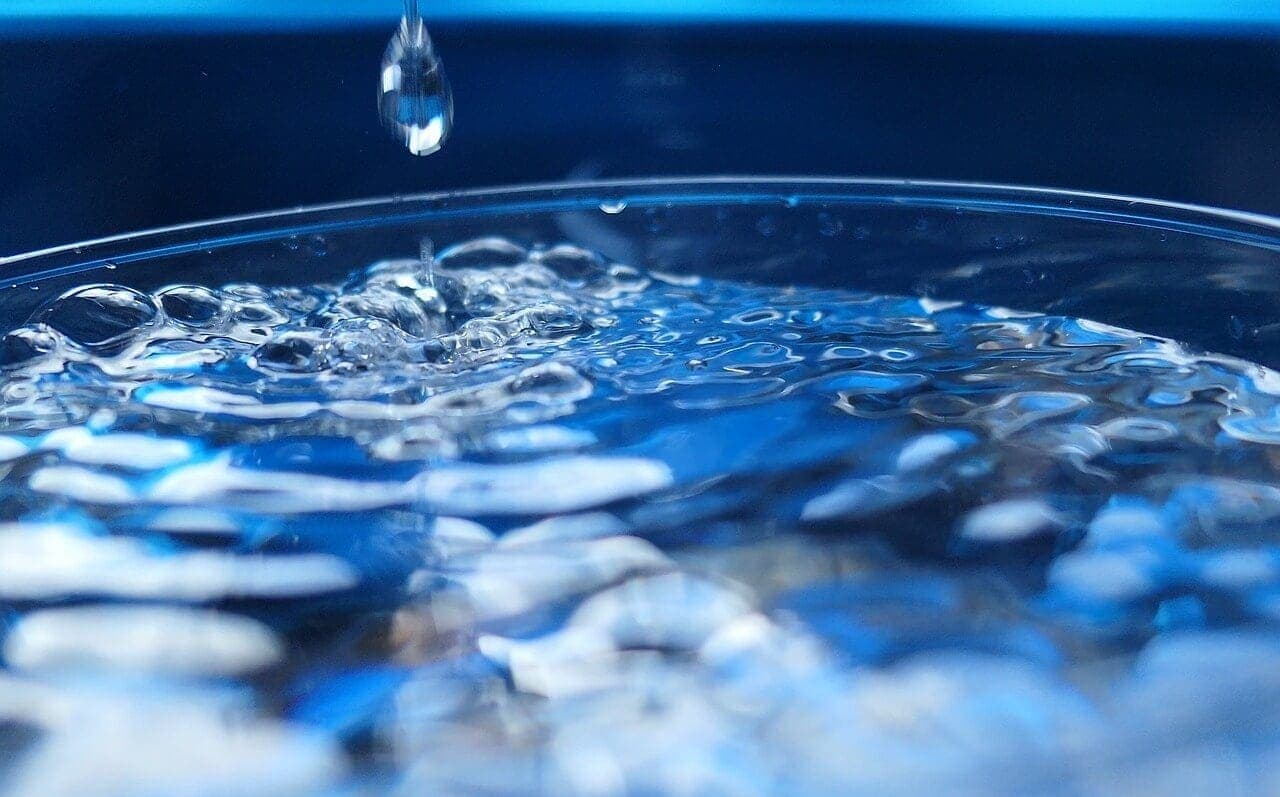
The imbalance of water
5am for most people means an early cup of coffee or tea to wake the body up, a glass of clean water, a quick shower under running water or simply an early morning jog. But it is the reverse for women and girls in rural communities such as the Zabzugu district of the northern region of Ghana where women walk several kilometers in search of water.
The Oti river is the most reliable source in this community and most people journey to it for a drink, to fetch water for their homes, do the laundry and many other things. This daily activity will not only lead to diseases caused by drinking unclean water but means children will be late for school and also too tired to keep up with school work.
Social Conscience Projects
In January 2017, World vision in partnership with Ferrovial started the ‘Mechanization and Systems to Multiply Access to Clean Water in Zabzugu project’ in four communities. With the goal of improving health and living conditions for approximately 33,304 people by 2019, the team mechanized four boreholes powered by solar energy and built thirteen stand pipes connected to the mechanized systems for ease of fetching water. These stand pipes are located at easy-to-access points in the communities, health centers as well as in schools so children can have clean water any time of the day.
- Access to Clean Water in Zabzugu
- Access to Clean Water in Zabzugu
- Access to Clean Water in Zabzugu
- Access to Clean Water in Zabzugu
- Access to Clean Water in Zabzugu
- Access to Clean Water in Zabzugu
- Access to Clean Water in Zabzugu
These water systems are being managed by community members trained in the good use of safe water and the systems, who in turn form Water and Sanitation Management Teams to ensure the facilities are properly maintained and serve the community in the best way possible.
Today, over 5,000 people in Sabare, Moncheni, Tasundo and Zorkuli have direct access to clean water. 55.06% of households have access to safe water sources all year round and 75.79% percent of children wash their hands at critical times.
Water is life
As impressive as this may be, the figures are not as important as seeing the relief and joy on the faces of the people. If the phrase “water is life” will have any real meaning, it is in communities such as these with temperatures as high as 40 degrees, where staying hydrated is essential.
Samata Karim, a woman who had come to fetch water in the hot afternoon, captured it beautifully saying “Now, we thank God for this water. I am nursing my baby and could not have gone to the far distance to draw water at this time because of my baby. We thank God that the water has come home.”
There are still thousands of people yet to have a taste of clean water and together we must ensure everyone, especially children can live life in all its fullness.


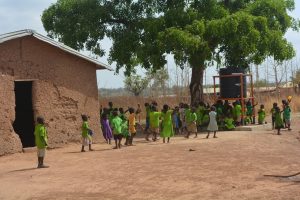
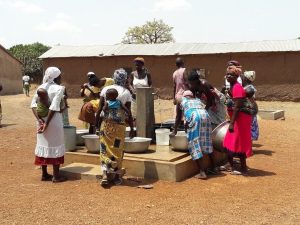
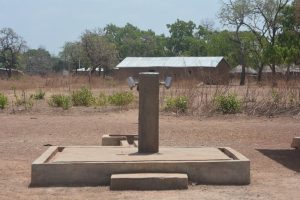
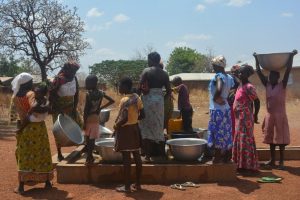
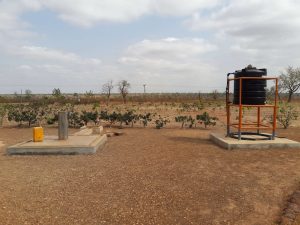
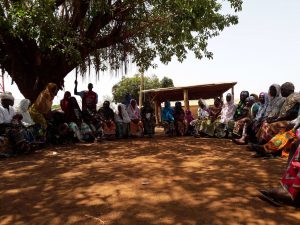
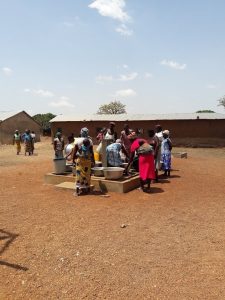




There are no comments yet